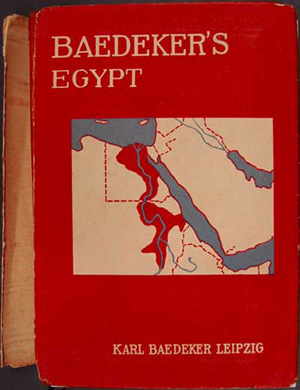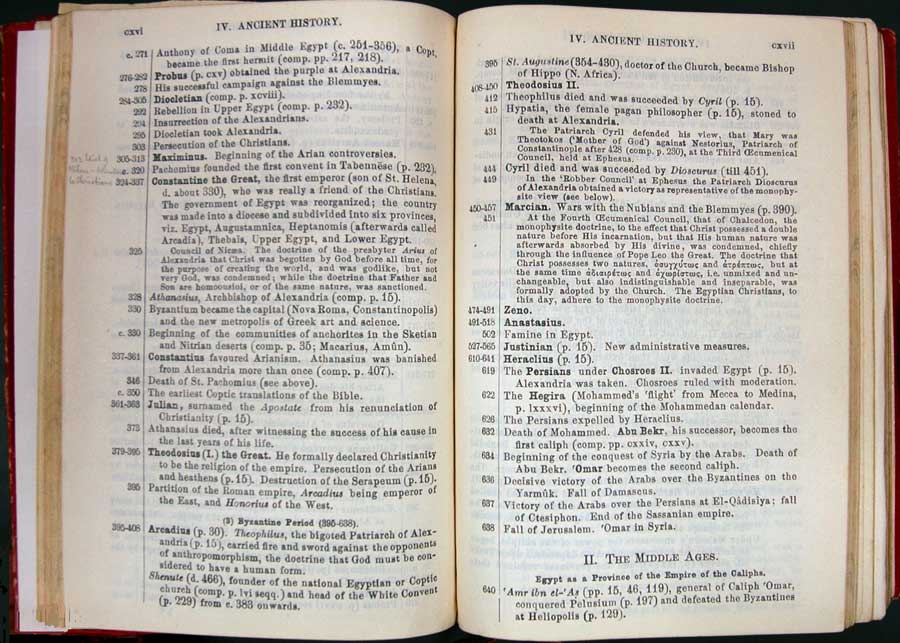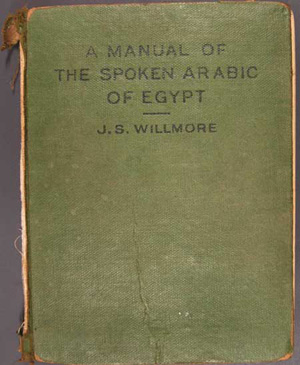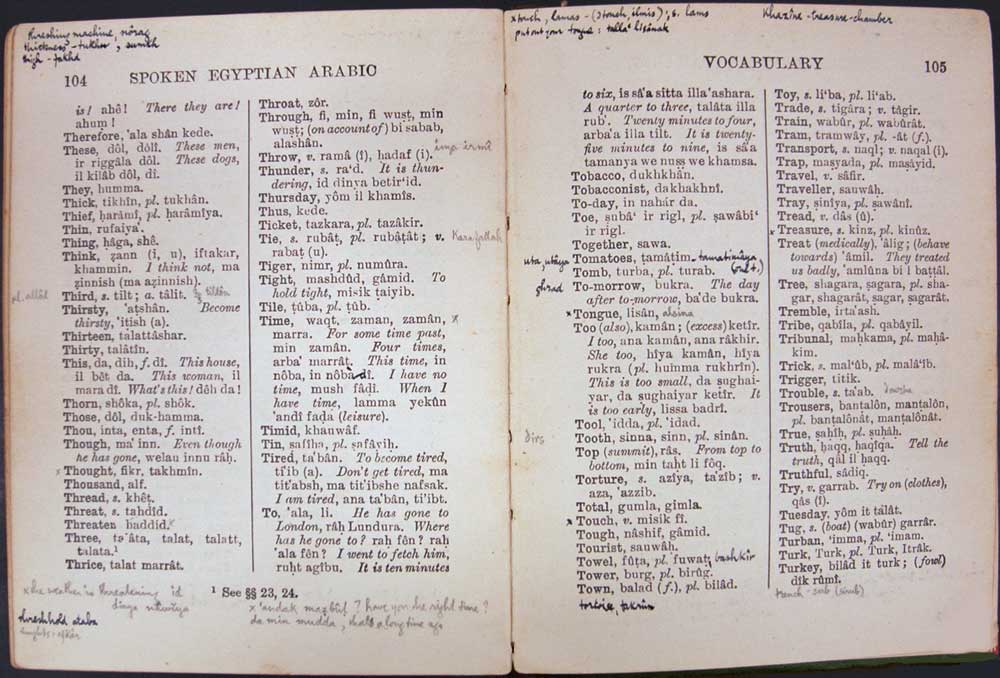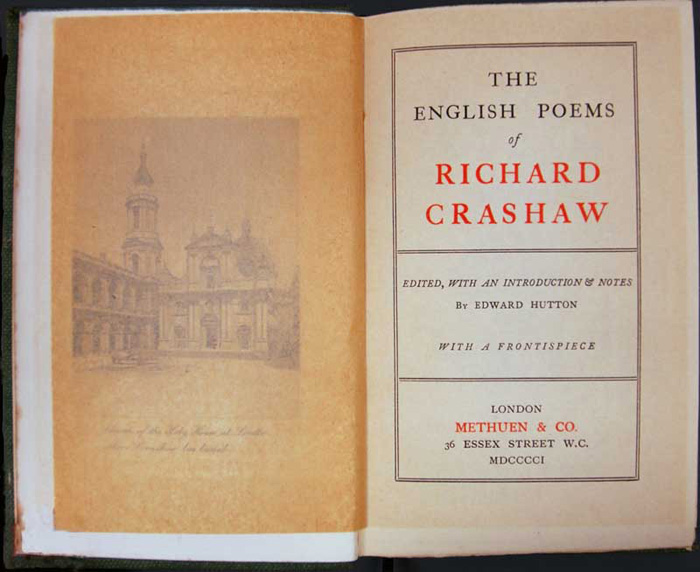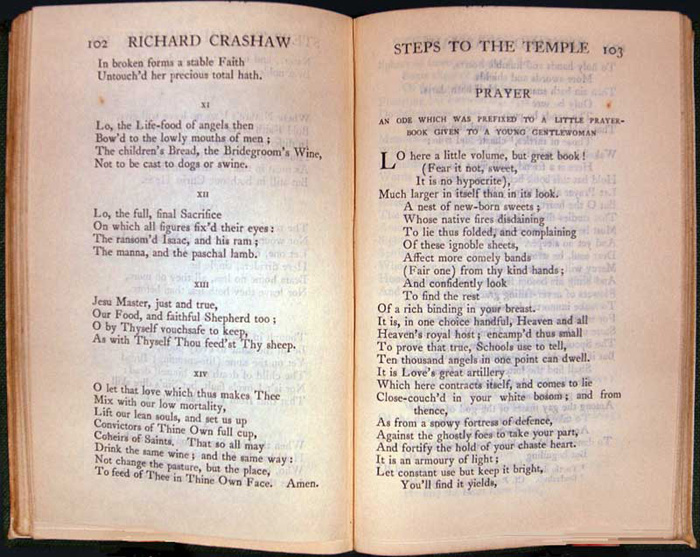Egypt
After a brief trip to New Zealand, which included a disastrous attempt at entering the family business, Brasch headed back to England and Europe: 'the centre of my world.' His friend Colin Roberts, by now a leading papyrologist, arranged for him to become a field assistant and join the seasonal digs at Tell el Amarna. Brasch spent three seasons in Egypt, from 1933 to 1935. In reality, it was a period in limbo, allowing himself time to consolidate the growing conviction that he was a poet.
Tell el-Amarna is located about 280km south of Cairo in middle Egypt, opposite the modern town of Deir Mawas. Originally named Akhenaten, and founded by the pharaoh Akhenaten (1352-1336 BC), older brother of Tutankhamen, the city was abruptly abandoned following his death after an occupation of only 25-30 years. It is for this reason that the ruins of Tell el-Amarna are probably the best preserved example of an Egyptian settlement during the New Kingdom. This was Brasch's Baedeker.
Before going out to Egypt, Brasch took courses in the language at the School of Oriental Studies in London. His tiny script is evident in this Egyptian Arabic manual, with English words such as 'thickness', 'thigh' and 'tortoise' written with their Egyptian Arabic equivalents, and phrases such as 'put out your tongue' and 'have you the right time?' To further prepare himself, he read much on Egyptian history and even as late as October 1953, he wanted to 'steep himself again' in Egypt. Brasch was at Tell el-Amarna when the head of Queen Nefertiti was unveiled.
The English metaphysical poet Richard Crashaw (1613?-1649) was an excellent Latinist and Hellenist who also had an intimate knowledge of Italian and Spanish. An Anglican turned Catholic, Crashaw's fame rests on his intense religious poetry. Brasch read this copy of Crashaw's English poetry while in Cairo. He marked two works in the contents page: 'Give to Caesar – and to God' and 'I am ready not only to be bound but to die.
Richard Crashaw, English Poems. London: Methuen, 1901. Brasch PR3386.A6 1901



